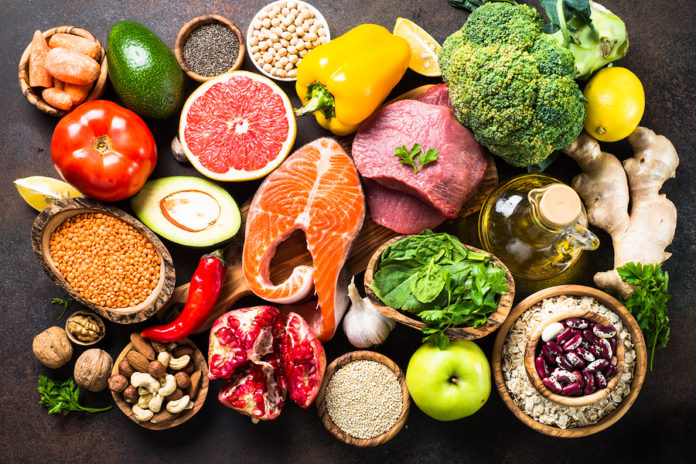
The U.S. organic food sector is up 6.4% over last year, reaching $45.2 billion in sales, according to the 2018 Organic Industry Survey. Although the rate of growth in 2017 was slightly lower than in 2016 (6.4% vs. 9%), organic food sales reached a record high 5.5% of total food sales, a generous slice of the pie that experts expect to grow in coming years.
Product standouts
Produce has retained its ranking as the #1 product in the organic category. Fresh vegetables and fruits still make up the bulk of organic produce sales. However, sales of dried legumes, fruits, and vegetables increased by 9% in 2017.
Consumers have also taken a liking to organic beverages, with sales growing by 10.5% in 2017. Fresh juices are a significant contributor to organic beverages’ overall growth, with sales jumping by a whopping 25%. The popularity of organic dairy alternatives using ingredients such as soy, almond, coconut, and rice also helped boost beverage sales.
Organic dairy woes
Just like any maturing sector, organic is experiencing some growing pains. Organic dairy and eggs sales grew by only 0.9% in 2017, due to oversupply and confusion surrounding the term “organic.”
Over the past several years, dairy farmers, recognizing the high return on organic products, optimistically entered the market. But as luck may have it, the influx of new supply hit the market just as demand for plant-based dairy alternatives began to take off. The survey appropriately described the situation as “too much of a good thing.” However, the supply of organic milk still contributed to the soaring sales of organic ice cream (+ 8%) and cheese (+ 9%).
Egg producers are finding themselves in an entirely different challenge, as the credibility of the term “organic” in the egg sector is diminishing. Consumers expect organic eggs to be humanely-sourced, but federal requirements for treatment of organic livestock and poultry are cloudy at best. Unclear regulations leave room for loose interpretations and inconsistent application. As such, consumers lost trust in what the organic seal means on organic dairy and eggs, dampening demands for organic and boosting sales in other humanely-sourced products like pasture-raised eggs and plant-based dairy alternatives.
—
Despite some challenges, the survey results suggest that organic food is here to stay. And while sales growth is beginning to stabilize and every grocery store aisle seems already stocked with organic choices, there’s still plenty of room for innovation. Food manufacturers ranging from established industry giants to forward-thinking start-ups are all looking to carve out a place in the growing organic sector.





